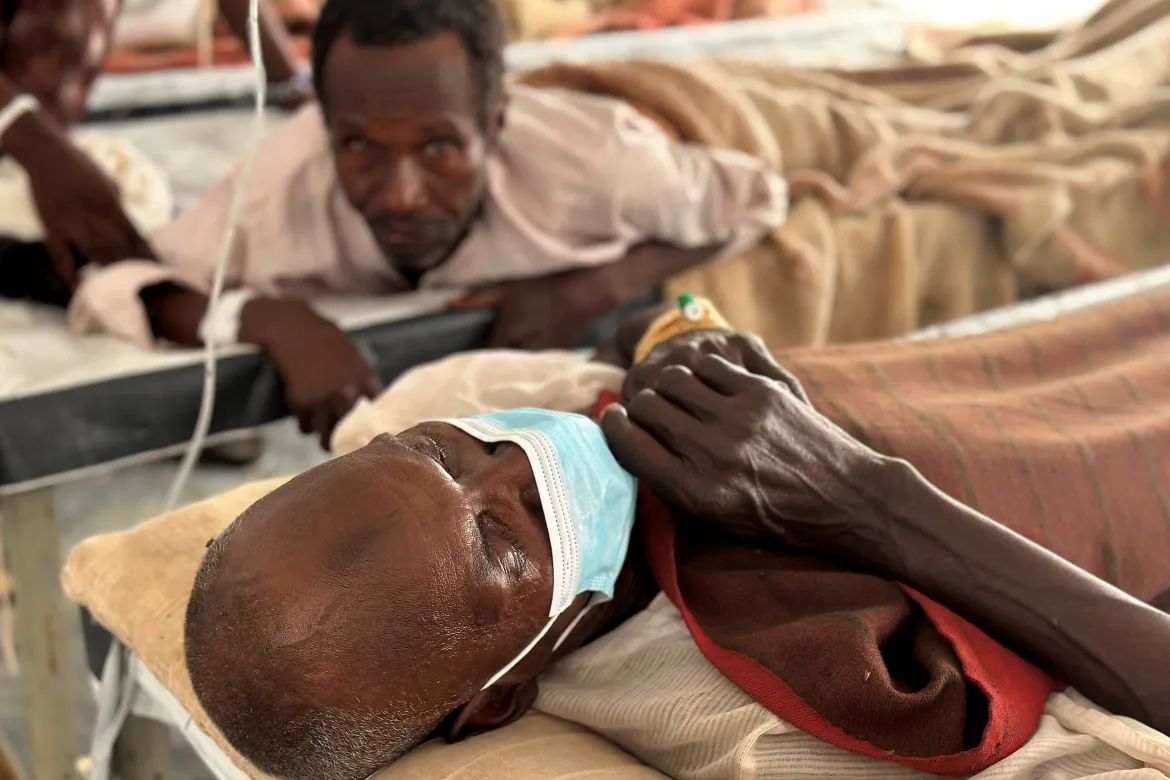
In a statement seen by Sudans Post, the Coordination warned that Jebel Marra, Nertiti, Gildo, Zalingei, Tawila, and Nyala remain among the hardest-hit localities. The spread is also alarming across camps for displaced people, where the disease is circulating at unusually high rates.
Tawila has borne the brunt of the epidemic, registering 5,457 cases and 79 deaths since the onset of the outbreak. The statement added that “Tawila recorded the highest rate of spread of the disease since it began, with a total of 5,457 infections and 79 deaths.” Following Tawila, Kalma camp reported 457 infections and 64 deaths, while Atash camp logged 267 infections and 59 deaths. Jebel Marra and its surrounding villages have also seen thousands of cumulative case, with Zalingei and other towns continuing to register fresh infections.
The Coordination said the crisis is being made worse by limited resources and multiple health threats at once. It stressed that humanitarian agencies, volunteers, and local authorities are struggling to contain cholera, citing acute shortages of intravenous fluids and the sharp rise in caseloads. The situation is compounded by widespread Malaria, severe malnutrition, and child hunger, which together are intensifying the overall humanitarian emergency.
Calling for urgent intervention, the Coordination urged the World Health Organization, international aid groups, and the global community to step up their involvement. It appealed for expanded prevention measures and stronger protection for displaced and host communities across Darfur’s conflict zones.
The outbreak comes against the backdrop of a prolonged war that has devastated health infrastructure across Sudan. Darfur’s states in particular face some of the worst conditions. North Darfur has been at the center of the crisis, with its capital El Fasher under a long siege by the paramilitary Rapid Support Forces (RSF), cutting off supplies and worsening already dire living conditions.
The Ministry of Health first confirmed the nationwide cholera outbreak in August 2024, coinciding with the rainy season, a factor that significantly fueled transmission. Since then, the epidemic has spread rapidly across of much Sudan. Government tallies indicate that more than 100,000 cases have been reported nationwide, with the diseases now present in 12 of Sudan’s 18 states.
As the conflict drags on and humanitarian access remains blocked or heavily restricted, medical organizations say the ability to respond effectively is shrinking. Without swift international assistance, observers warn, Darfur’s displaced populations could face one of the deadliest cholera waves in the country’s modern history.

